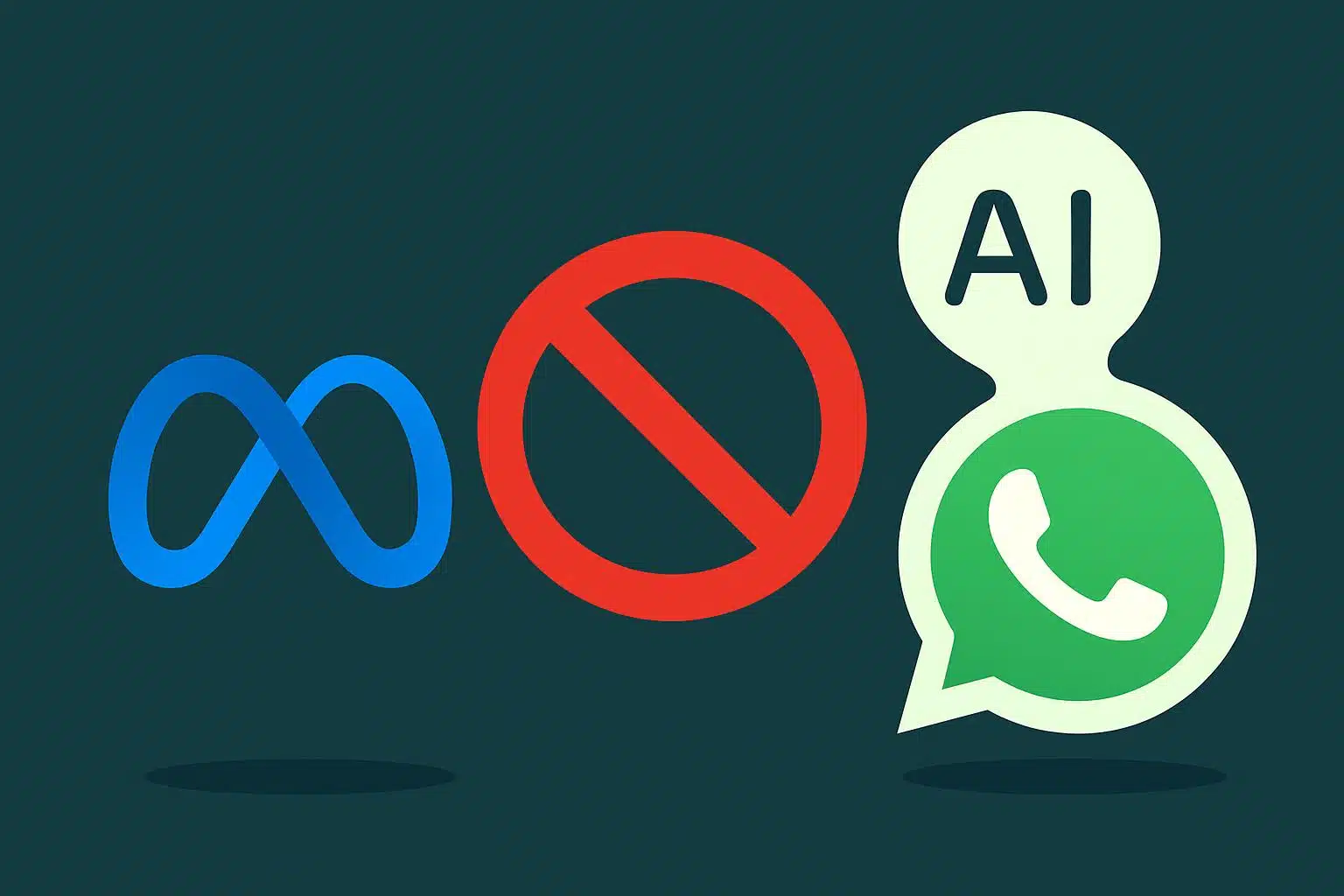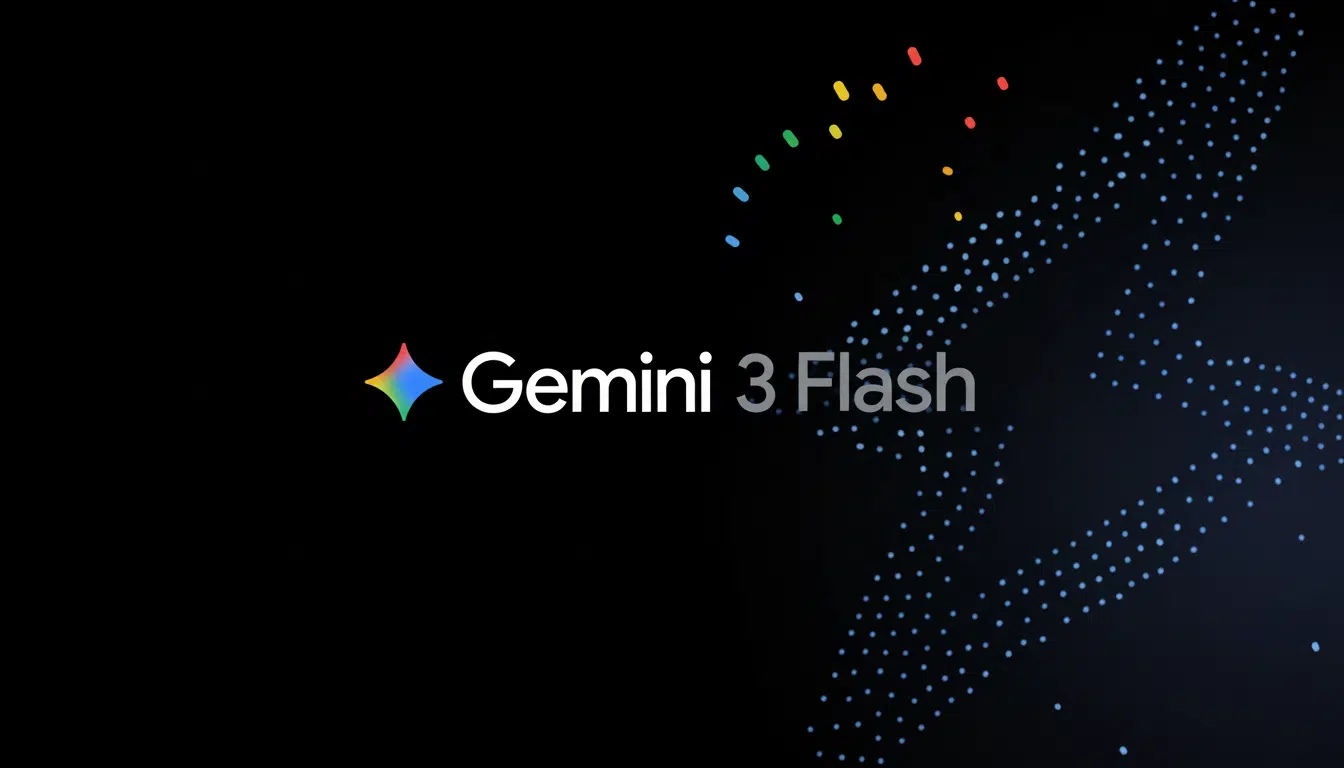Meta is rewriting the rules of artificial intelligence inside WhatsApp, and its own assistant will be the last general-purpose chatbot standing. As a result of an amendment to the WhatsApp Business API terms, general-purpose third-party bots will be banned from the platform beginning January 15, 2026.
The ruling would have immediate implications for widely used WhatsApp-based clients for tools including OpenAI’s ChatGPT and Perplexity’s assistant, as well as the Latin America–focused Luzia and more. Migrating won’t happen overnight for users, who have months to make the change, but the trajectory is clear: WhatsApp’s wide consumer AI will be Meta AI.
What Meta Changed About The WhatsApp Rules
The new policy blocks access to WhatsApp’s Business Solution when the main feature a company claims to be providing to end users is either a large language model or generative AI assistant. In other words, if the value proposition is “talk to an all-purpose AI,” the door shuts.
Meta’s own explanation characterizes the shift as an alignment exercise: the Business API wasn’t built to host third-party generalist bots, but to facilitate notifications, support, and transactions. The company also referenced the burden on systems and support operations due to these use cases in statements provided to reporters.
And this is not a blanket ban on automation. The policy allows AI to serve an incidental or subsidiary role within a business workflow — say, that of an airline’s virtual agent fielding questions about reservations — as long as the bot isn’t marketed or used as a general-purpose assistant.
Who Gets Hurt and Who Does Not Under the New Rules
The obvious losers are the general-purpose AI apps that ride on WhatsApp’s rails. ChatGPT’s WhatsApp client, rolled out in late 2024, will be forced to stop using direct messaging within the app. Perplexity’s search-based assistant and local players with consumer chatbots face the same sunset.
Conventional business chatbots are still in the clear. A retailer may still put a guided assistant in place for order status, and a bank can triage account questions, and a food outlet can accept delivery requests — as long as the bot is contained within narrow boundaries and focused on tasks. The division is “generalist” versus “purpose-built.”
Developers are also encountering complexities of data. Companies will still be able to continue training AI with data collected from WhatsApp, according to reports, even if end users can’t directly chat with a general-purpose model inside WhatsApp.
Why Meta Is Cracking Down on Third-Party AI Bots
Scale and safety are probably forces at work. WhatsApp has more than two billion users worldwide, which makes the app a fertile ground for hallucinations, spam, and misinformation if third-party wizards run wild without uniform guardrails. Enforcing that general-purpose AI be concentrated in one first-party experience is easier.
There is a product logic, too. Meta wants AI integrated across its own surfaces, not scattered among dozens of disparate external bots. Meta AI, which powers WhatsApp, Instagram, and Messenger, is the company’s crown jewel. Leadership has claimed its AI experiences have a reach of roughly one billion monthly users across products, further justifying the incentive to direct usage through a controlled experience.
Finally, support load matters. Housing third-party general assistants on a messaging spine can lead to erratic traffic spikes and user problems, which then end up with the teams at WhatsApp. The company is telling developers that they should reserve use of the Business API for services and commerce, rather than running someone else’s AI assistant at scale.
The Competitive and Regulatory Setting for WhatsApp AI
Positioning Meta AI as the sole general-purpose assistant on WhatsApp raises the sort of platform-power questions that are already familiar. Self-preferencing is a common issue in digital markets, and regulators in the Cabinet are examining how gatekeepers bundle and prioritize native services. CCFC postdoc Giovanni Smaghi says: The Digital Markets Act’s goals, in theory, align well with those of the contract mechanisms.
Meta could claim the rule is function-focused, not competitor-directed, and that purpose-built bots remain welcome. Either way, the upshot is to drive discovery and engagement through a single assistant within a messaging app that commands markets from India to Brazil. This is an important bottleneck for startups that depend on WhatsApp distribution.
Competition will likely ramp up other channels, too. Telegram and web apps already support flourishing bot ecosystems, and device manufacturers are driving system-level assistants. But none rival WhatsApp’s daily reach, which is why the policy change has echoes far beyond developer forums.
How It Affects Users and Businesses on WhatsApp
Customers who have been conversing with third-party AI in WhatsApp can expect those experiences to wind down before mid-January 2026. Work will continue on Meta AI for general questions, digests of information, and creative prompts while business-specific bots will take care of service-oriented inquiries.
For businesses, the advice is to double down on narrow, verifiable use cases — structured flows, clear handoffs to humans, and solid data governance. That does play into WhatsApp’s strengths, of course: the service is reliable and read-receipted, and people read their messages from phone numbers for businesses at a high open rate.
The takeaway for AI companies is the equivalent of strategic diversification. Create native, enhance web, and connect third-party apps/services that have access to a generic assistant. Leverage the runway to nudge WhatsApp users to other touchpoints while being transparent on data usage and consent.







